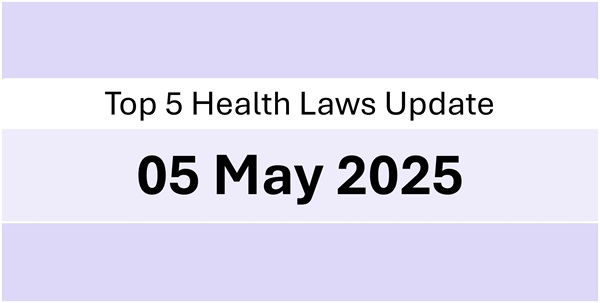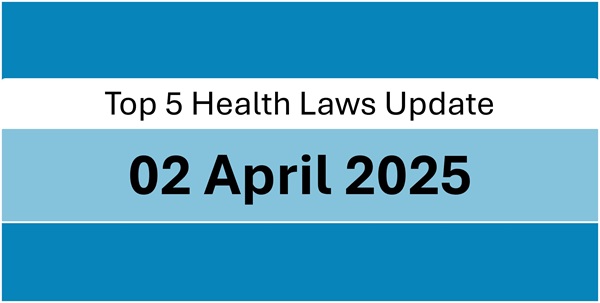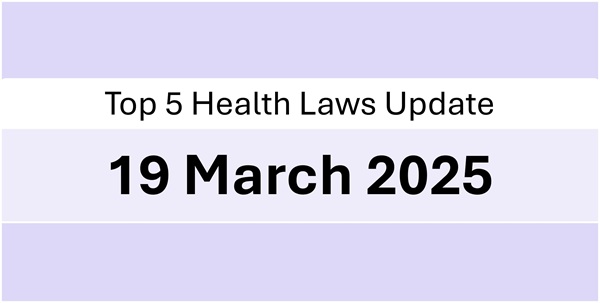Dear Readers, we are happy to share the most interesting legal and policy updates concerning health industry that we read today. we hope you enjoy reading it.
1. The Food Safety and Standards Authority of India (FSSAI) has proposed halting new registrations and the renewal of existing registrations for the manufacturing of certain high-risk foods, such as dairy products and infant nutrition. They have also proposed permitting only state or central licenses and implementing pre-license inspections for manufacturers in these categories. They have sought public feedback on these proposed changes by 30th May, 2025.
Source: bit.ly/3RRy4Po
2. The Bombay High Court directed the state government to consider a separate registration facility for patients who are not yet on dialysis but will soon need an organ transplant. This came after a CKD Stage-V patient was denied registration. The Court said such denial violates the right to life.
Source: bit.ly/3RM4xqh
3. India’s ministry of commerce and industry has prohibited the use of specified antibiotics, antivirals, and antimicrobial medicinal products in fish, shrimp, hatchery operations or any manufacturing, pre-processing and processing unit to prevent antimicrobial resistance and safeguard export quality.
Source: bit.ly/44ZamIz
4. India’s Central Drugs Standard Control Organization (CDSCO) has released the guidelines for the safe disposal of expired and unused medicines by hospitals and the general public. The initiative is aimed at addressing the growing concerns of antimicrobial resistance and minimizing environmental hazards.
Source: bit.ly/4iOmj7d
Source: bit.ly/4d3ywnf
5. Under the Stockholm Convention, 40 nations worldwide have agreed to phase out the use of chlorpyrifos, a hazardous pesticide on food crops. However, India secured a five-year exemption for its use on 12 essential crops to manage certain pests and termites, as well as the lack of immediate alternatives.
Source: bit.ly/4iL0q8M



